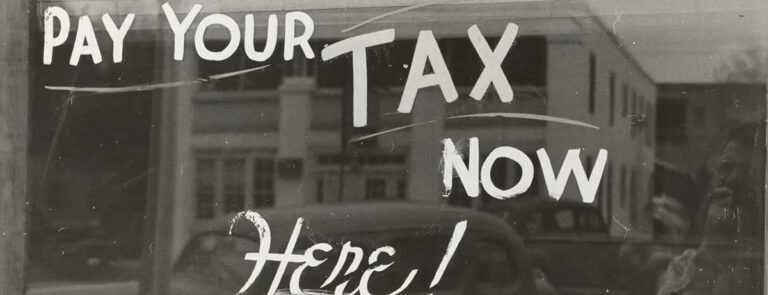A 1099 is proof that someone other than your manager has given you or paid for cash. The payer completes the 1099 and sends you and the IRS duplicates. There are several types of 1099 form. A 1099 form’s purpose is to report income. A 1099 form can be issued to a wide variety of people for different reasons.
What is a 1099 form?
Why Use Form 1099
- Your social security number, or your citizen identification number will be on the Form 1099. The IRS knows that you received the money if they have this number. It will also know if you fail to report the cash on your tax assessment.
- You don’t owe taxes on the cash you receive if you get a 1099. Allowances may be included to balance the pay.
- Use your IRS Forms 1099 to determine how much you earned and the type of income. You will report the pay you received in a better place on your assessment depending on what type of pay it is.
Does your employer send you a Form 1099?
If you receive a 1099 form from your employer or manager, it means that they consider you to be a self-employed individual and not a representative. However, it’s not just work environments that can send you a 1099 form. There are several types of 1099 documents. Here is a basic overview of Form 1099s that are on their way to crossing your path.
There are several types of Form 1099
* 1099-A
If your home loan lender has canceled all or part of your loan or if you have made a low-ball offer on your house, then you may receive one Form 1099A. Canceled debt. According to IRS it is a form of income that’s available in most cases.
* 1099-B
The 1099-B form covers the income generated by certain types of protections as well as certain kinds of bargaining, which is usually done through online websites. You may receive a 1099 form in exchange for the money you received. If you are dealing with someone directly, then you will need to fill out a 1099. You may still need to report a payment.
* 1099-C
You’re not entirely free and clear if you convinced a Visa Guarantor, or another bank, to settle your debt for less than what you owe. The moneylender’s excuse is probably available pay. And the 1099 C tells it all.












+ There are no comments
Add yours